Water Damage Claims Adjuster Serving Millville & Vineland, NJ
If you’ve ever had to deal with the proverbial nightmare that can be caused when an excess of water causes irreparable damage to your home or property, you probably know full well just how important it is to be the holder of a reputable water damage insurance policy from an honest provider.
Water, of course, can quickly cause a great deal of damage not only to your home and the possessions inside it, but also to your property’s very structure. Structural damage can lead to very serious problems down the road that simply aren’t apparent when the actual damage occurs. That’s one reason it is so hugely important that the insurance policy you make payments on monthly is taken seriously if you ever do need to file a claim.
But as we’ve mentioned elsewhere, on our blog and on various sections of this website, it’s not hard to find yourself in very serious financial trouble following a water damage situation, even if your insurance provider is a highly-respected company with a history of treating its customers right. That’s because no matter what sort of company you may be dealing with, your insurance company will always send out its own claims adjuster to inspect your property if you happen to file a water damage claim.
Those claims adjusters have a very specific goal when they inspect your damaged property, and that goal involves cutting you a check for the very smallest amount possible. If they can somehow manage it, they’ll be perfectly happy to deny your claim altogether.
It may sound like a cruel, dishonest, and even underhanded technique. And indeed it is. But it’s also the only way insurance providers make money and stay in business. So if water damage destroys your personal property or ruins a portion of your home, you’d better believe a claims adjuster will be paying you a visit after you file your claim.
What exactly can you do to prevent a claims adjusters from denying your claim, or from paying out a cash award so small as to be essentially useless? There are a number of different ways you can prepare yourself, and educating yourself on the tricks and trends of the insurance industry is always a good place to start. Claims adjusters, for instance, might attempt to deny a water damage claim by telling you that your property loss was actually caused by flood damage. And what if you were to file a flood damage claim instead? You guessed it: Many of the sneakiest adjusters will figure out a way to call it water damage instead.
Reading up on the main differences between the two types of claims—water damage and flood damage—is a good place to start. Probably the simplest way to understand the differences is that flood insurance is specifically designed to protect homeowners in the event of a natural disaster. Water loss coverage, meanwhile, is meant to protect damage to your home's structure and your possessions in the event of a non-natural disaster.
Damage caused by toilet overflows, for instance, or burst pipes or appliance malfunctions would be handled through water loss claims. The following, meanwhile, is a brief list of some of the most common causes of water damage:
- Hot Water Heater Damage
- Appliance (Dishwasher, Washing Machine, etc.) Malfunctions
- Backed-Up Drains
- Collapsed, Clogged, or Rusted Pipes
- Seepage (Water Saturation through Bricks, Roofs, Bathroom Tiles, Ceilings, etc.)
- Frozen Pipes and Burst Pipes
- Pipe Leaks
- Toilet Overflows
It certainly should go without saying that when water damage strikes, it’s crucial to ensure that your insurance company adequately compensates you for the full scope of the damage. You’ll also need to be fully compensated for any mold prevention or mold remediation services. That’s because water damage to your home can cause long-lasting problems. It can easily affect the value of your home or business. And while educating yourself in advance of a potential water damage situation is always a wise idea, the truth is that there’s really only one way to ensure that you receive the proper, full cash payout to which you’re entitled after a water damage situation occurs: You need to have your own public adjuster on your side, working just for you, and butting heads (if necessary) with your insurance provider’s adjuster.
The bottom line is that if you have suffered any type of water damage, a licensed public adjustor can help you recover the full value of your home and your possessions. It’s important to understand that no matter what sort of water damage you may be dealing with, discovering the full extent of any loss that may have occurred is something that needs to happen as soon as possible after the event. After all, not all types of damage may be readily apparent to you.
An experienced public adjuster is trained to estimate the full reach of any damage, and to value your claim accurately. If you've experienced water or flood damage, contact us immediately.
And remember, your insurance provider hires professional adjusters to protect their interests. You should do the same.
Contact Interstate Public Adjusters today for an insurance advocate. We are licensed in Pennsylvania and New Jersey.
CONTACT INFORMATION
Phone Number: (856) 327-9909
Fax Number: (856) 327-5012
Address: 38 Hesstown Road Millville, New Jersey 08332
Licenses
- PA 646457
- NJ 9569531
BUSINESS HOURS
- Mon - Sun
- Open 24 Hours
BROWSE OUR WEBSITE
CONTACT INFORMATION
Phone Number: (856) 327-9909
Fax Number: (856) 327-5012
Address: 38 Hesstown Road Millville, New Jersey 08332
BUSINESS HOURS
- Mon - Sun
- Open 24 Hours


